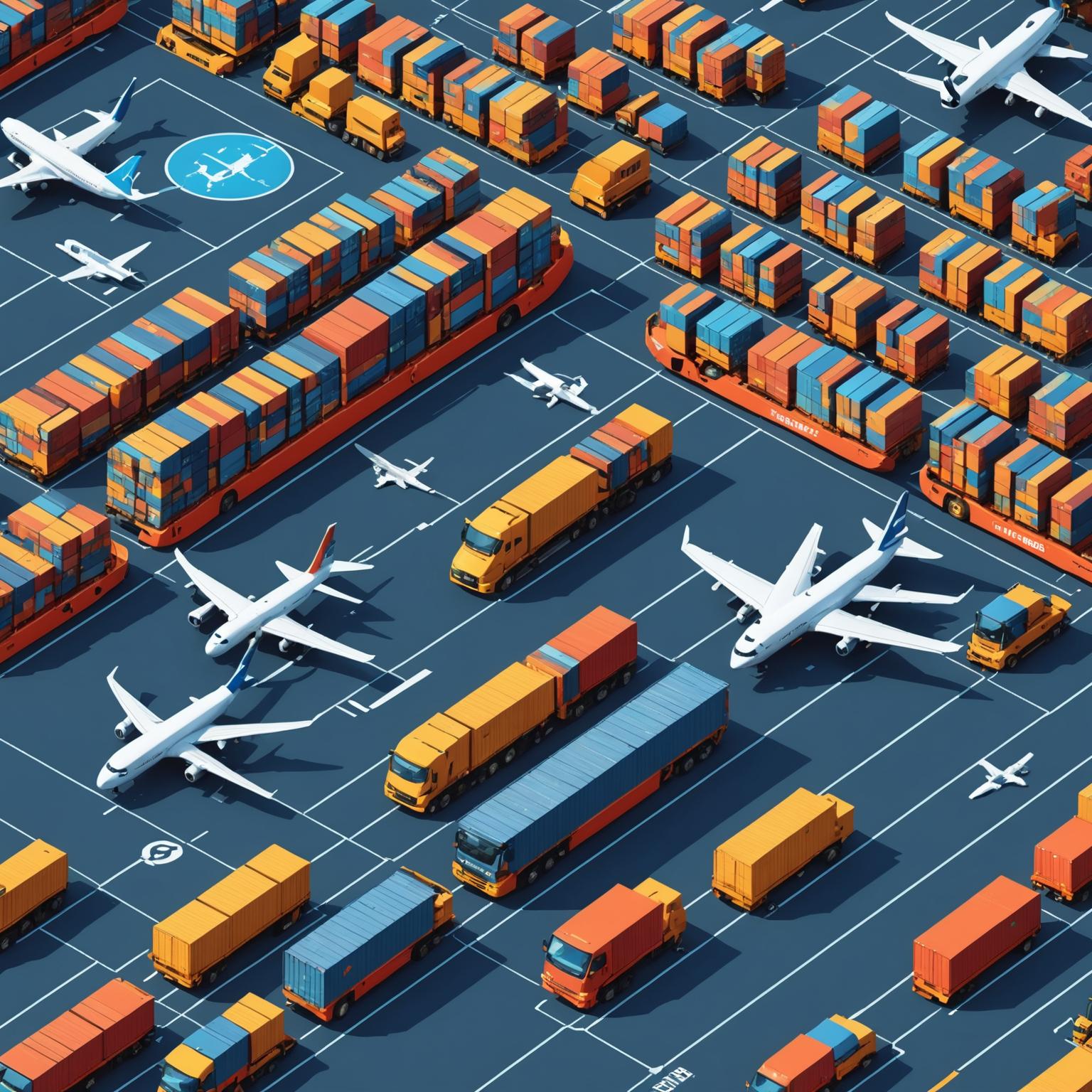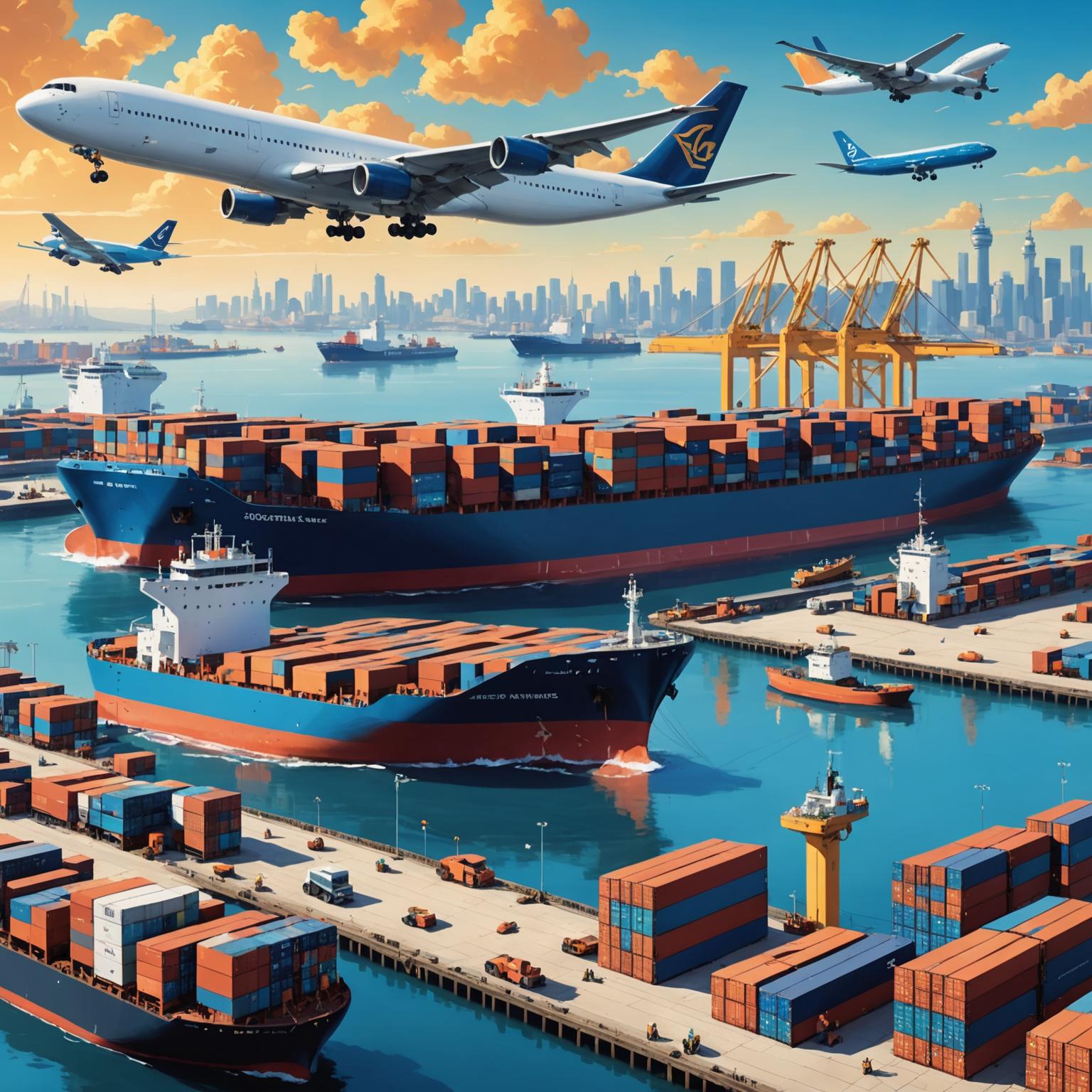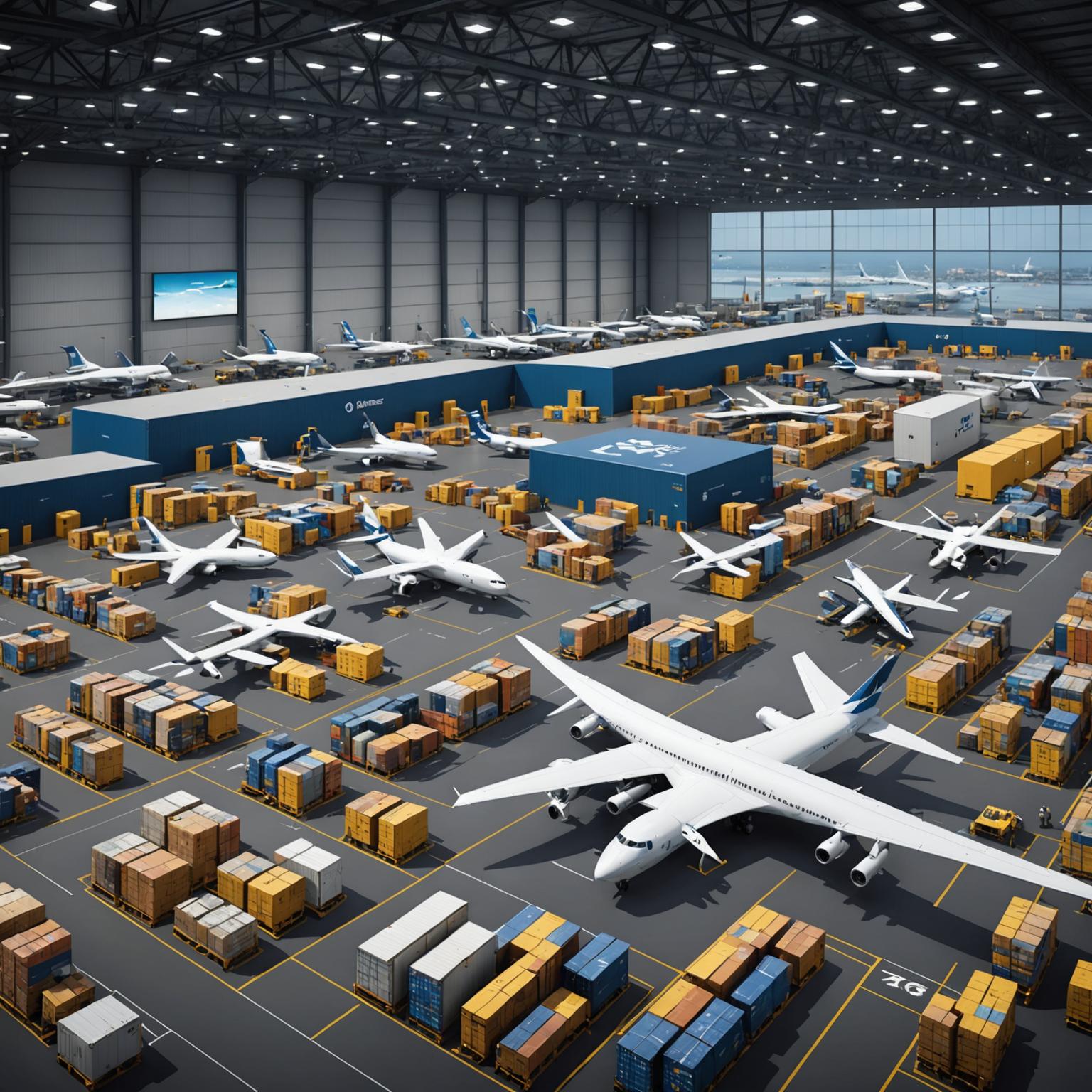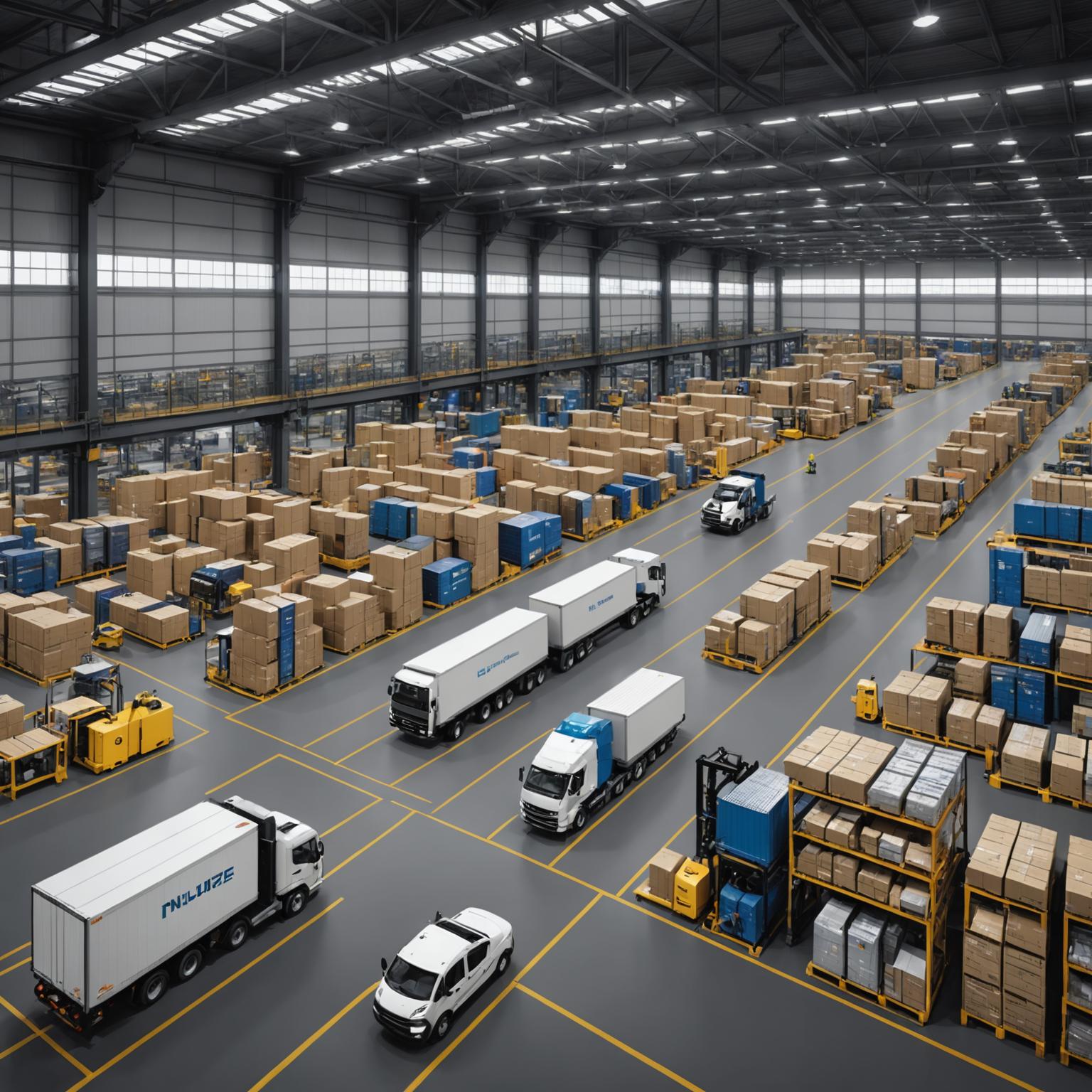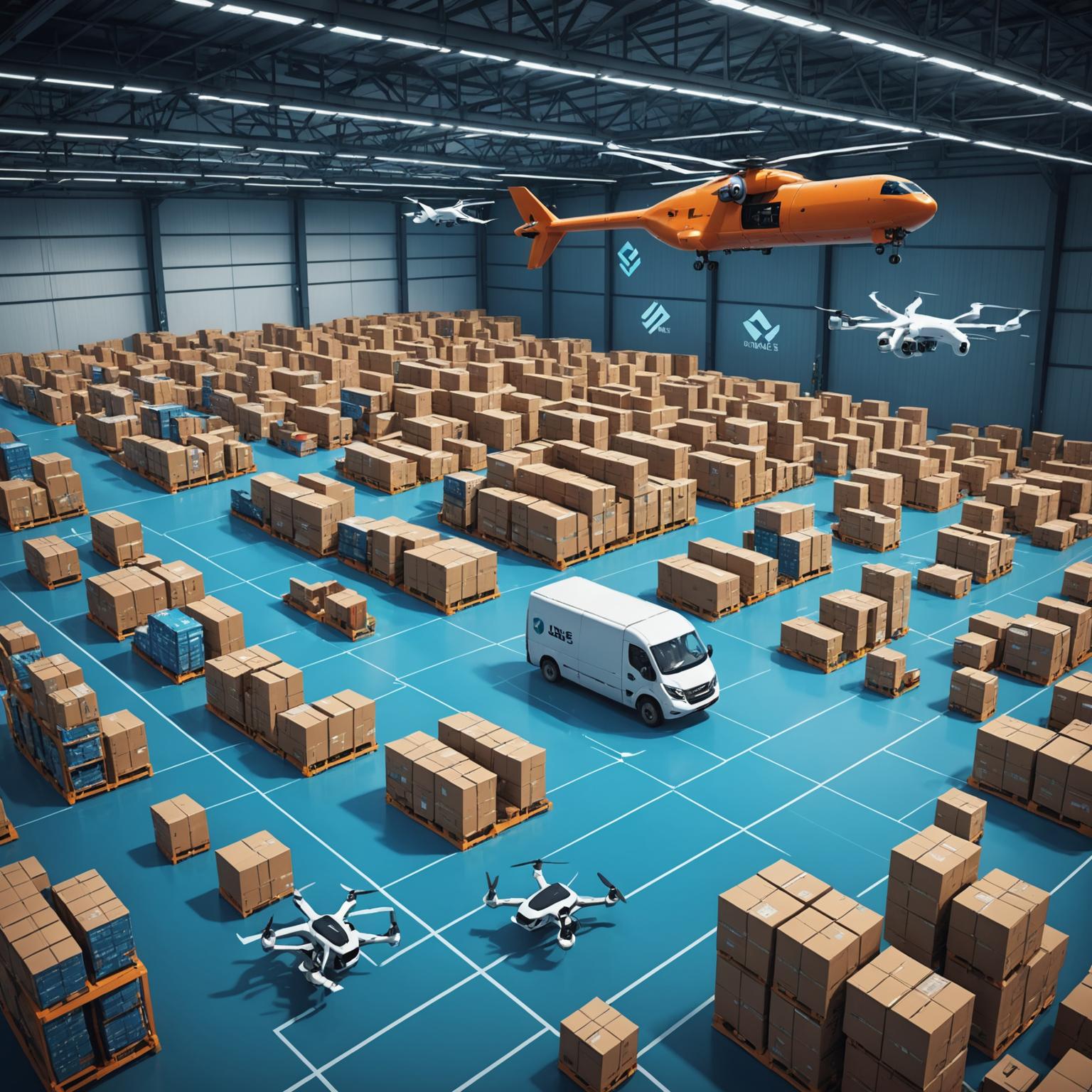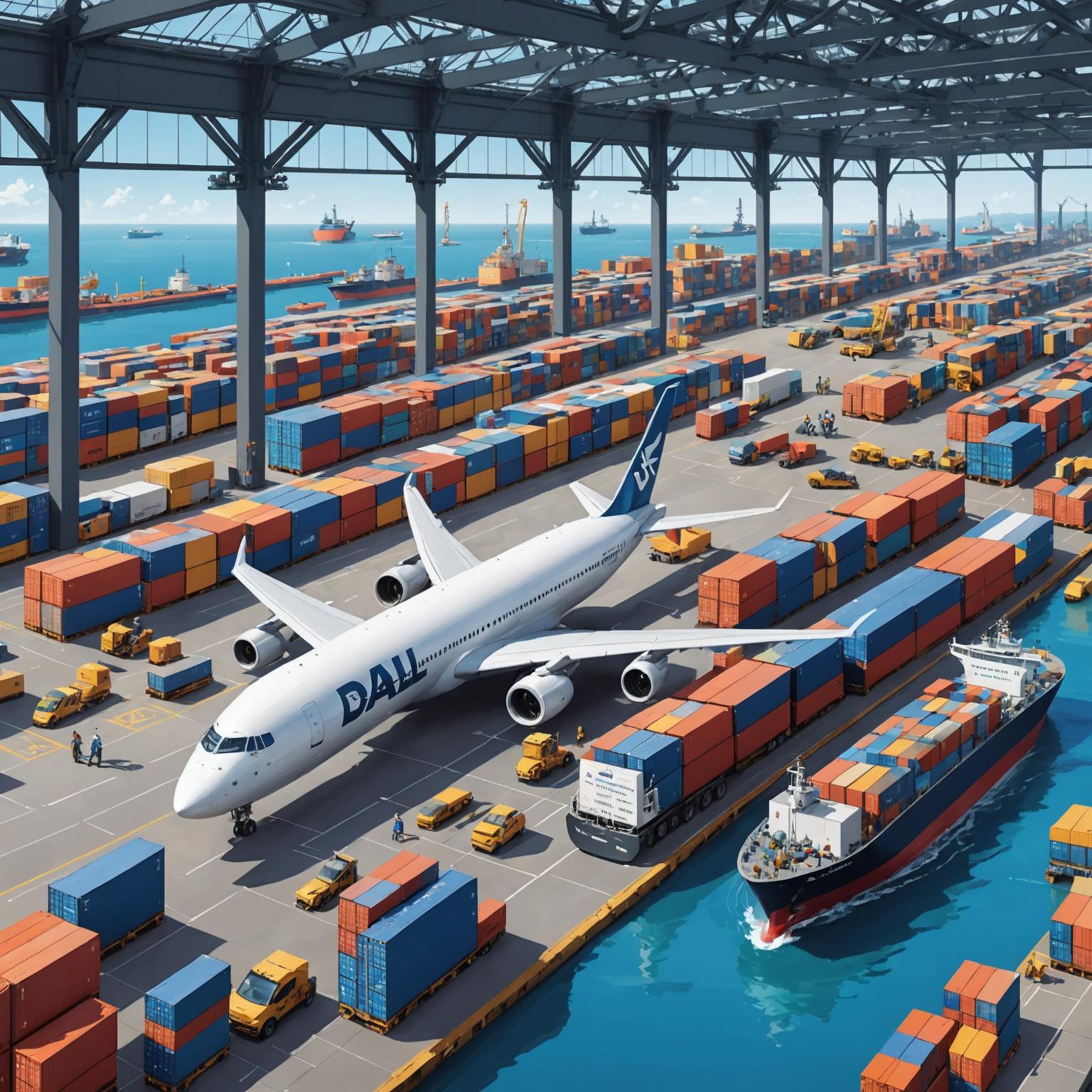In today's interconnected global marketplace, an efficient and reliable supply chain is the backbone of any successful enterprise. The seamless movement of goods across continents relies on a sophisticated network that integrates various modes of transit. Among these, Air Transport stands out for its unparalleled speed and precision, offering businesses a critical advantage for time-sensitive shipments. However, a truly robust logistics strategy is not built on a single solution but on the intelligent combination of air, land, and sea transportation, creating a powerful, cohesive system that drives global commerce forward.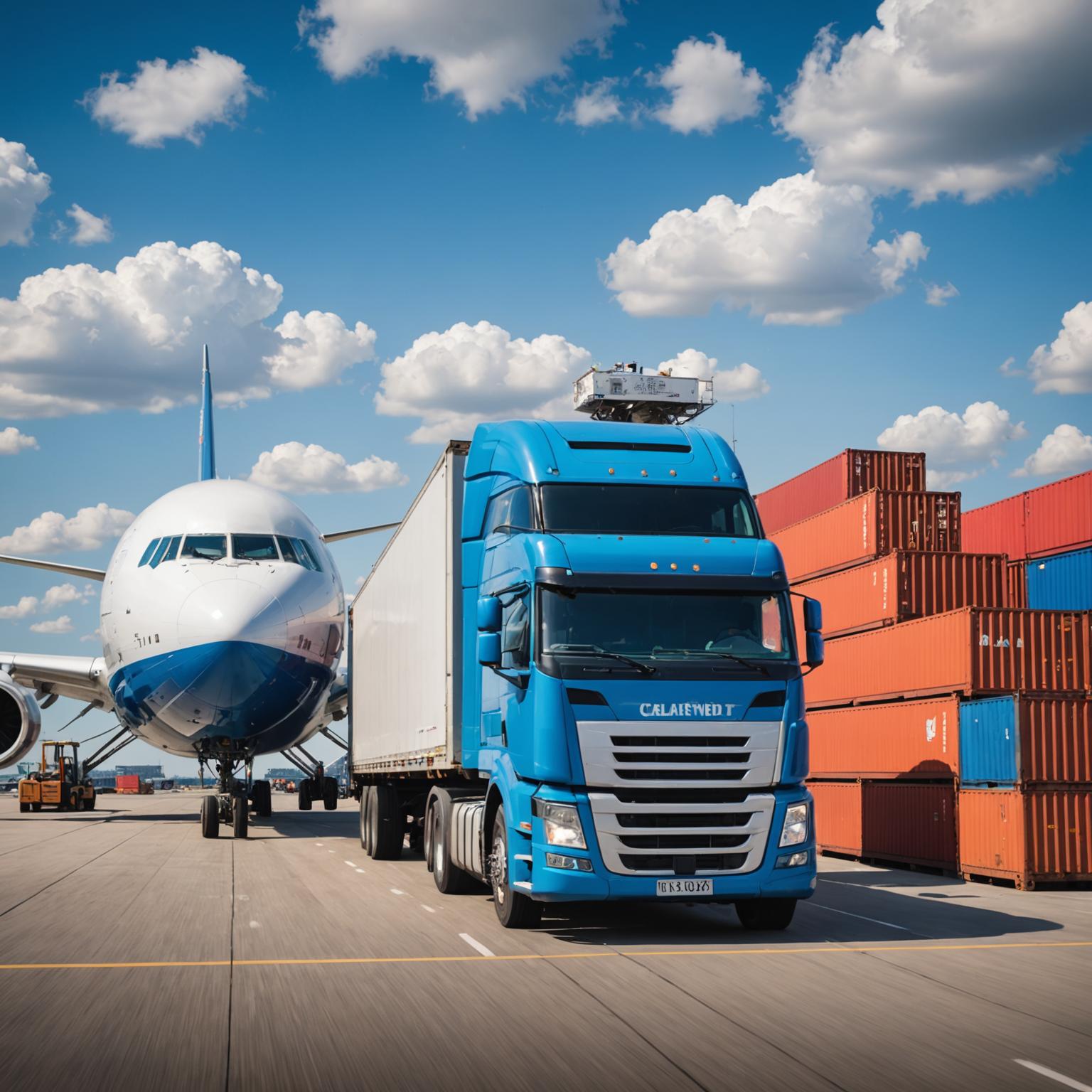
The Pinnacle of Speed: The Role of Air Transport
When delivery time is the most critical factor, Air Transport is the undisputed champion. It is the ideal solution for high-value goods, perishable items, and urgent consignments that must reach their destination in the shortest time possible. Modern air freight services leverage advanced scheduling systems and state-of-the-art security protocols to ensure that shipments are not only fast but also incredibly safe. This mode of transportation minimizes transit time, reduces inventory holding costs, and provides businesses with the agility to respond quickly to market demands, making it an essential component of any just-in-time supply chain.
Connecting the Dots: The Indispensable Truck Transport
While air freight handles the long-haul, cross-continental journeys, Truck Transport serves as the vital connective tissue on the ground. It is the flexible and indispensable link that connects airports, seaports, and manufacturing hubs to the final delivery point. Offering door-to-door service, ground transportation excels in last-mile and first-mile logistics, ensuring goods are picked up and delivered with precision. With advancements like real-time GPS tracking, optimized routing software, and a growing emphasis on eco-friendly vehicles, Truck Transport provides unparalleled visibility and control over shipments, completing the logistical puzzle with reliability and efficiency.
Global Reach with Full container shipping, Less container load
For large-volume, non-urgent shipments, maritime freight is the most cost-effective solution and the workhorse of international trade. The industry offers flexible options to accommodate businesses of all sizes, primarily through Full container shipping, Less container load (FCL and LCL). FCL allows a single business to utilize an entire container, providing security and space for substantial shipments. LCL, on the other hand, enables smaller businesses to share container space, making global shipping accessible and affordable without needing to fill a full container. This adaptability, combined with the immense capacity of modern cargo vessels, makes sea freight the foundation for moving raw materials and finished products across the world's oceans.
Seamless Integration for a Unified Supply Chain
The true power of a modern logistics network lies in the seamless integration of these distinct transport modes. A coordinated system where air, sea, and ground services work in harmony eliminates friction and delays at transition points. By leveraging sophisticated software and centralized management, shipments can be moved effortlessly from a cargo plane to a waiting truck or from a container ship to a rail network. This synergy maximizes efficiency, reduces handling, and provides businesses with a single, streamlined solution for their entire supply chain, ensuring goods flow smoothly from origin to destination regardless of the complexity of the journey.

